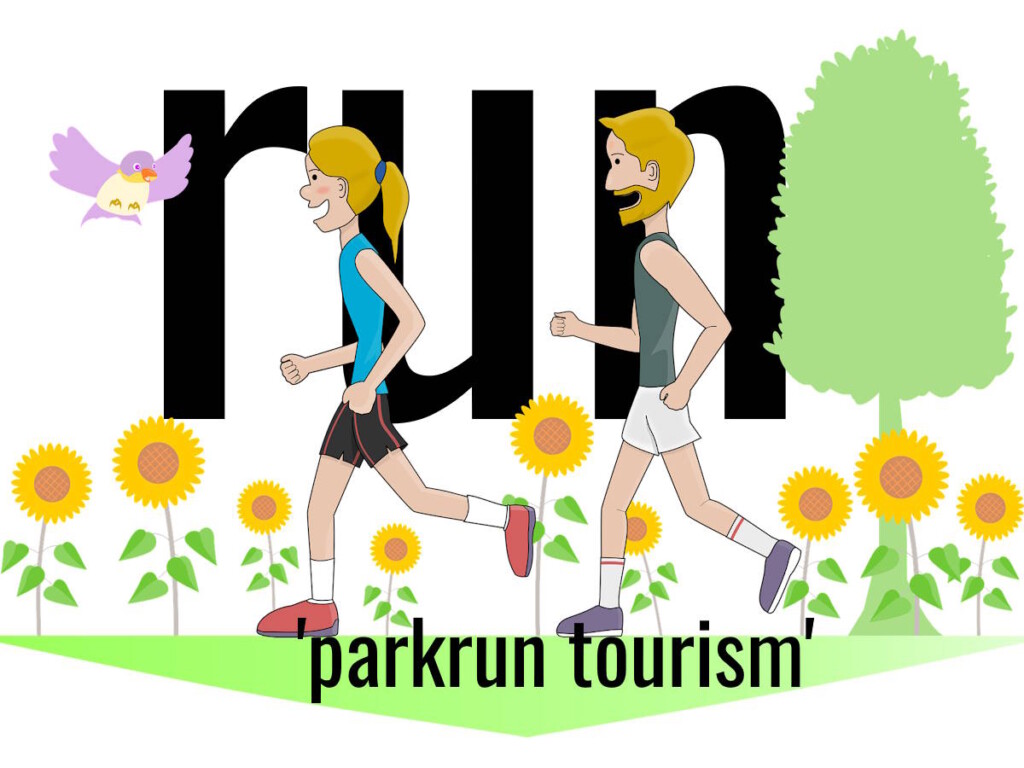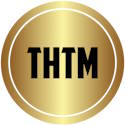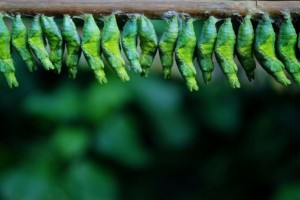‘parkrun tourism’: A tonic for our times

It is generally considered healthy to socialise with others and to exercise outdoors; activities that some jurisdictions deemed problematic during pandemic lockdowns.
Combining those activities is parkrunning.
Hannah Dalton investigates the potential of parkrun and parkrun tourism to (re)build social capital both at home and away.
It’s a “Good Tourism” Insight initiated by Tourism’s Horizon, a “GT” Insight Partner.
As a student with a passion for sport and community, I wrote my undergraduate dissertation this year on ‘parkrun tourism’.
As a parkrunner myself, I knew how increasingly popular my Saturday morning hobby was becoming, not just as a community event, but also as a focus for leisure travel.
What is parkrun?
parkrun — always spelt in lowercase — provides free 5km running events in public spaces every Saturday. parkruns are organised by teams of volunteers.
Starting in 2004 at Bushy Park, London, parkrun rapidly grew due to its simplicity, accessibility, sociability, and opportunities to walk and run with others.
Participants, called parkrunners, register online, receive a personal barcode, run (or walk) the 5km course, and scan their barcode at the end to receive a recorded time.
It is common for parkrunners to have a ‘home parkrun’, which simply refers to the parkrun site they frequent the most.
Since it began, parkrun has experienced considerable growth with over 2,000 regular parkruns worldwide and 3 million participants globally.
parkrun tourism
Some refer to parkrun in grand terms; a ‘global social movement’. This is testament to its community-driven nature that is welcoming of all ages and abilities.
But it turns out it is also about seeing a bit of the world and meeting new people.
It’s a form of tourism; a reason to travel. I’ve met parkrunners from the USA, Germany, and France, as well as from elsewhere in the UK.
parkrun tourism refers to participating in parkrun events outside of one’s home location. It provides the opportunity to meet like-minded individuals, explore new locations, and challenge oneself on new courses.
This boosts tourism by increasing footfall in a variety of destinations, benefiting local businesses such as hotels, restaurants, and shops.
Travelling parkrunners enjoy the physical activity, but also the unfamilar surroundings in the context of a familiar parkrun culture.
The parkrun community is a supportive and welcoming ‘global space’, meaning it is easy for tourists to join local events and immediately connect with likeminded runners through a shared common interest.
Notably, a sense of community is important to tourists as well as locals. Communities are not only local. They can be cosmopolitan and mobile too.
parkrun has lots to offer leisure travellers seeking a mobile community of fitness, fun, and solidarity.
parkrun as ‘social capital’
parkrun tourism offers a unique opportunity to foster ‘social capital’.
Political theorist Robert Putnam established this concept principally through his study of community in New York: Bowling Alone. (The decline of 10 pin bowling leagues since the 1950s is a metaphor for the decline of life-affirming communities and networks.)
Putnam sets out two types of social capital: bonding and bridging.
- Bonding social capital is the glue that holds society together — friendships, reciprocity and everyday solidarity — things we rely on and on which our quality of life often depends.
- Bridging social capital is the oil that lubricates the wheels of society. It is all about the networks through which we seek to ‘get on in life’, economically, socially, and perhaps politically.
I found in my research that participants get a good dose of each through parkrun.
One parkrunner described how “you never feel you’re the odd one out” when you are at an event and how “everyone is very welcoming and happy for you to be there”.
Don’t miss other “Good Tourism” content tagged ‘Health and wellness tourism’
parkrun’s sociability and emphasis on conversation before, during, and after parkrun events allows valuable connections to be formed through a shared common ground.
Another parkrunner explained how it is easy to make friends at parkrun “because you tend to talk about other related activities that you do […] I think that is where you get those common connections”.
Yet another noted that “parkrun is unique because it’s for everyone and it really doesn’t matter if you walk it in an hour or you run it in 15 minutes”.
This sense of community typifies parkrun’s supportive and inclusive culture.
These sentiments are important for local communities — especially so post-pandemic — but they are attractive for tourists too.
In Putnam’s terms, parkrun tourism extends bonding social capital and bridging social capital across borders, linking people and places.
In everyday terms, parkun’s shared experiences facilitate lasting friendships and useful networks beyond the local level.
Recovering the social, post pandemic
During the COVID-19 pandemic, society experienced prolonged periods of extreme isolation and limited social interactions. Leisure travel was off limits.
Emerging from the pandemic, parkrun tourism takes on even greater significance, providing a safe, structured environment where individuals and communities can come together and reconnect.
That benefits mental wellbeing.
The reconnection of individuals through parkrun events can revitalise communities, contributing to the healing process following the pandemic’s challenging times.
For example, some parkrun friends told me how, during the pandemic lockdowns, they regularly rang an elderly parkrunner to mitigate feelings of isolation; feelings so common among elderly people.
That’s a great example of social solidarity forged through leisure.
Not only parkrun
parkrun is not alone, nor new, in attracting tourists who want to run.
One of the more unusual examples is ‘hash running’, which originated in 1938 amongst British expats in Malaya, now independent Malaysia. Hash runs involve a ‘Hare’ setting a trail and ‘Hounds’ who follow it.
Hash House Harriers — humorously known as ‘the drinking club with a running problem’ — now have ‘kennels’ (chapters) in many countries and organise international and regional events.
More well known is the thriving culture of marathons and runs of various lengths in cities across the world. Many are linked to the charity sector.
Events such as the Berlin, London, and New York marathons are major draws for tourists who enjoy running. They bring important economic and cultural benefits.
parkrunning across borders
parkrun markets itself as a community that transcends cultural and societal barriers. Travelling parkrunners transcend geographical barriers too.
As parkrun continues to expand globally, it is evident that the travel & tourism associated with it holds immense potential for both individuals and societies.
In an era in which social connections are strained, parkrun reinvigorates them.
Where loneliness blights lives, parkrun promotes sociability.
Research suggests that health — mental and physical — benefits from the shared pleasure and conviviality of a parkrun.
And let’s not forget the importance of fun and simple respite from life’s rigours.
As a community event, or as a form of tourism, parkrun has lots going for it.
What do you think? Share your own thoughts in a comment below. Or write a deeper “GT” Insight. The “Good Tourism” Blog welcomes diversity of opinion and perspective about travel & tourism, because travel & tourism is everyone’s business.
“GT” is where free thought travels.
This “Good Tourism” Insight was initiated by Tourism’s Horizon: Travel for the Millions, a “GT” Insight Partner. Tourism’s Horizon is “a diverse range of people, from academia, journalism, and industry who share a love of holidays and a desire to optimistically explore the economic and cultural advantages of mass tourism”.
Featured image (top of post): Image by Pintera Studio (CC0) via Pixabay. ‘run’ and ‘parkrun tourism’ added by “GT”.
About the author

Hannah Dalton is a BSc (Hons) Tourism Management graduate from Canterbury Christ Church University, UK. With a passion for exploring sports, tourism, and community development, Hannah conducted her undergraduate dissertation on how parkrun facilitates social capital in East Kent.






